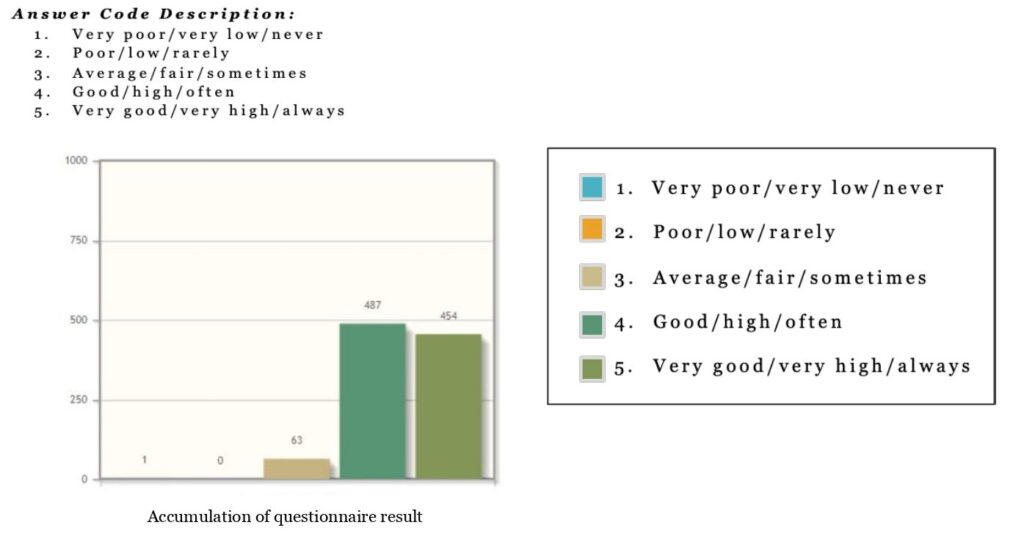Introduction to Social Theory
Overview
Course Code
ANT62142
Credits
3
Semester
II
Frequency
Even
Type
General Course
Class Size
35
Duration
16 meetings
Student Workload
119 hours
Contact Hours
35 hours
Independent Study
42 hours
Description
Introduction to social theory refers to a wide range of ideas, notions, arguments, hypotheses, experiments, and explanatory speculations about how human societies and - or the various elements and structures of societies - can form, change, and evolve over time or even disappear. Social theory is strongly supported in existing social science disciplines, such as cultural studies, sociology, anthropology, gender studies, media, history, and political science. Social theory also provides normative ideas about a phenomenon that can be argued about the goals and values of social life - in terms of how social life is ideally treated - allowing for a multidisciplinary approach in the realms of moral, legal, and political philosophy. The theoretical components of social theory can vary, such as global systems analysis, postmodernity, Marxist sociology, feminist theory, and so on.
Course Content
- The study of the History of Humanity beyond the 18th century
- Mythic critique of lazy indigenous peoples
- The origins of culture: property ownership and freedom
- The problem of modes of production
- Agricultural studies, the urban imagination, and the critique of civilization
- Ecology of freedom
- Sovereignty, bureaucracy and politics
Reference
Primary Literature
- Graeber, David & Wengrow, David. 2021. The Dawn of Everything: A New History of Humanity. Allen Lane.
Supporting Literature
- Harari, Yuval Noah. 2011. Sapiens: A Brief History of Humankind. Signal Books.
- Pinker, Steven. 2012. The Better Angels of Our Nature: Why Violence Has Declined. Penguin Books.
Assessment System
Assessment Matrix
- attitude 10%
- Presentation 40%
- Quiz 10%
- Assignment 10%
- Midterm Exam 15%
- Final Exam 15%
- Peer-Assessment
Peer-Assessment
The percentage of student contribution is taken from the score given by group members to other group members (peer-assessment) regarding the contribution in the process of working on the task from beginning to end.
- Score 100% if the assessed member fully participates from start to finish
- Score 75% if the assessed member participates actively, although sometimes less involved
- Score 50% if the assessed member participates, although often not involved
- Score 25% if the assessed member only appears at the beginning/middle/end only
- Score 0% if the assessed member is not involved at all
- The student contribution percentage score is the total number of peer-assessments divided by the number of group members who were assessed
Students Feedback


